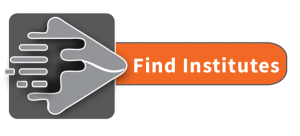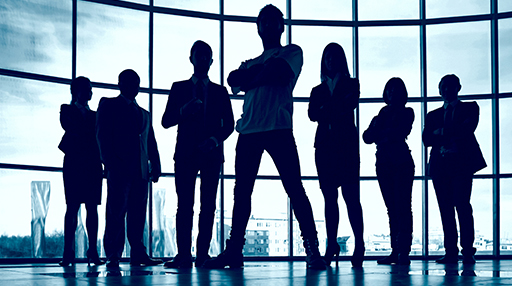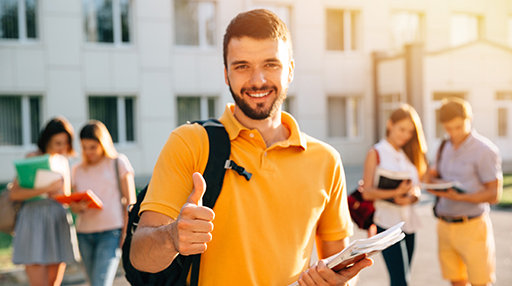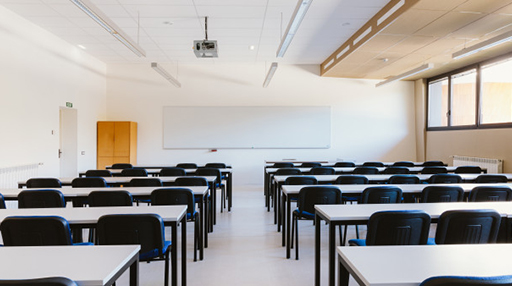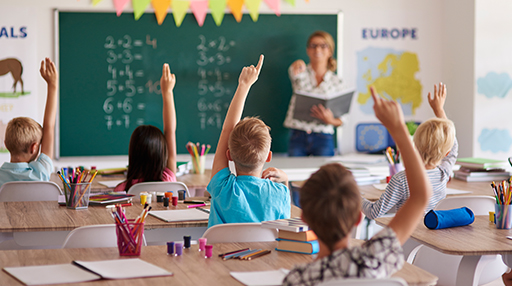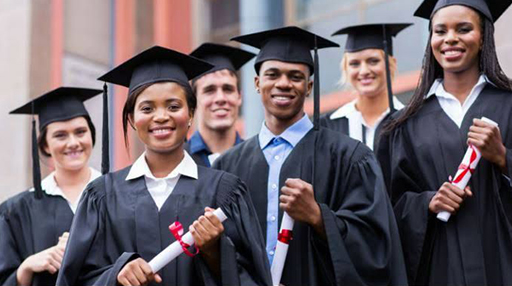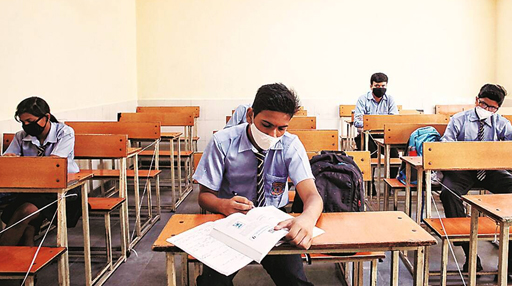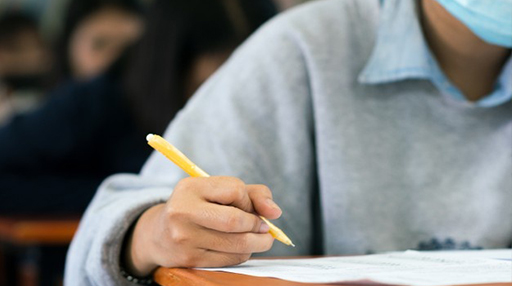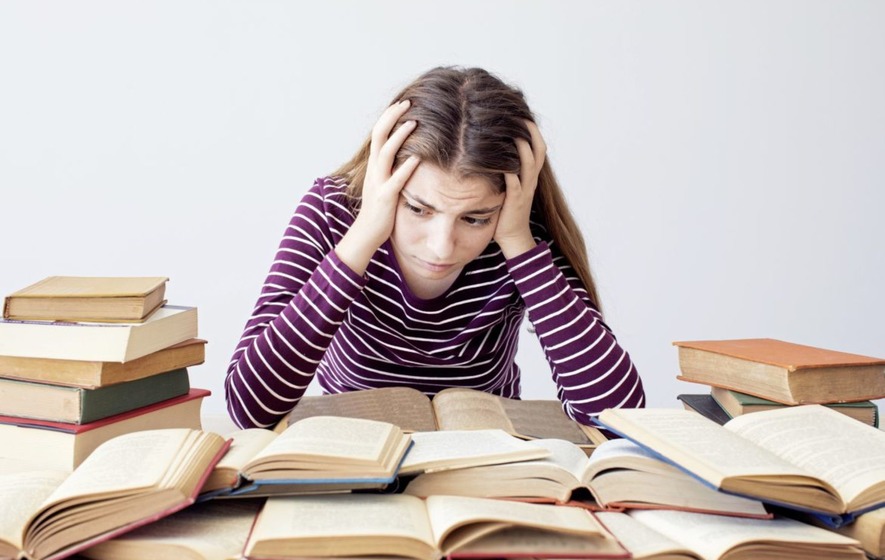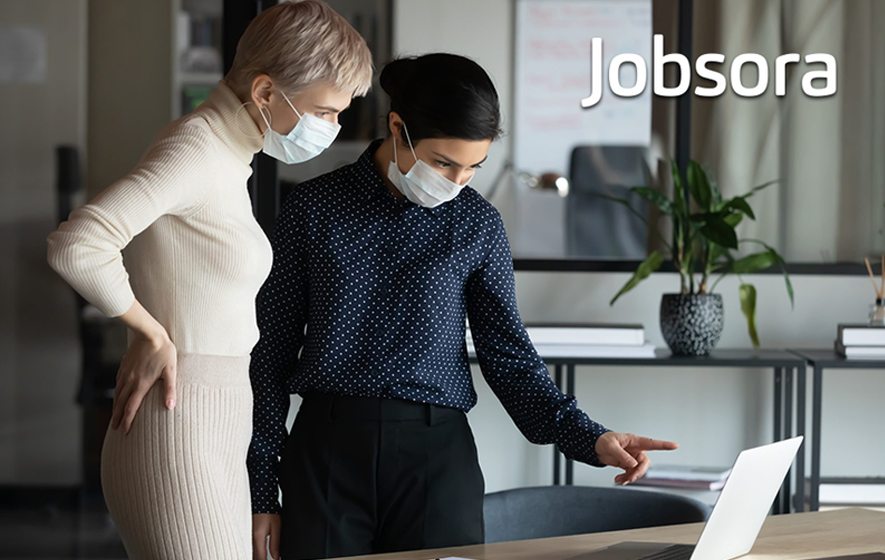Discover new institutes with a click
GEMS Education founder Sunny Varkey reveals lessons he learned during COVID-19 in the UAE
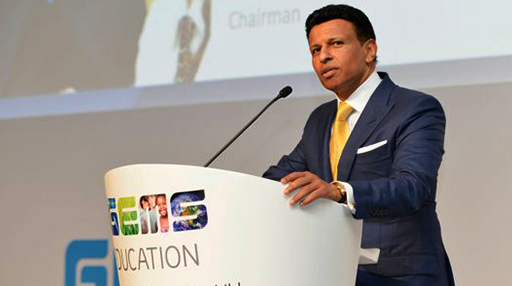
Dubai: I have always firmly believed that life’s challenges and adversities teach us most and our ambition is to equip students with that mindset so that they can go out into the world unafraid to make mistakes and be ready to make a lasting difference.
This approach has been called upon more over the last year and a half than ever before. The pandemic has turned education on its head. It has provoked a rethink from educators and forced whole school communities to adapt to ever-changing circumstances. Most of all, it has demanded ingenuity and innovation – and I am immensely proud of how teachers, parents and teachers have risen to the many challenges and found ways to overcome them.
Our experience of the pandemic so far has taught us invaluable lessons and, in some cases, also highlighted strengths that we perhaps did not know we possessed. These learnings will help us in our planning for the future. The insights of yesterday will inform how well we fare tomorrow.
Family comes first
The pandemic has given us the time and opportunity to slow down and reflect, not only on our everyday lives, but also our very existence. We have all been busy coming to terms with the disruption to our ‘normal’, yet we have also connected more deeply with our immediate families – and we no longer take them for granted. Meaningful conversations, board games, exercising, meditation, enjoying meals together – these have become the order of the day, and the bonding, laughter and fun that we shared when we were in lockdown will never be forgotten.
It is these human connections, and for some the absence of such connections, that have underscored the importance of relationships and the fact that nothing can supersede them.
Bricks and mortar learning is here to stay
Although we’re proud of our success with distance learning – our results last year have never been better – it’s clear that bricks and mortar learning will not be replaced in the foreseeable future. Our students who have been distance learning are increasingly aware that they have missed the personal interaction with their peers and teachers with all the social and development benefits that brings. Our objective is to welcome all our students back into the classroom as soon as possible and we are doing everything we can to ensure they feel safe to do so. The great work of our nation’s leaders in securing the overall health and safety of the public is also assisting us in these efforts and indeed our figures show that children are coming back to school in ever-increasing numbers. This will benefit the child’s wellbeing so that they can socialise safely again with their peers and teachers. Obviously this will take pressure off parents at home too so they are free to concentrate on their own responsibilities, whatever form that may take. A happy child is a better learner in our experience!
Technology must come with a human touch
The biggest shift in education over the past year has been the increased reliance on technology to deliver lessons. This trend was already underway before the pandemic, but circumstances and necessity have accelerated us forward, although with varying degrees of success across the world. At GEMS, we have always placed great importance in the use of technology in teaching and learning – not to replace teachers, but to enhance them. And our schools have done a tremendous job ensuring students continue to learn and make progress, whether they are at home, in school or engaged in blended learning.
In just a matter of days, our online platforms were operational. Yes, there were a few initial difficulties, but nothing of serious concern, and once these had been addressed by our IT teams, no one was left behind. Yet even the best technology cannot do the job alone, so I salute our amazing teachers and support staff, whose unshakeable dedication, innovation and agility allowed our students to maintain their progress. I also salute the parents and families of our students, without whose support we could not have navigated the challenges as well as we have.
Looking forward, we have exciting plans in store for new technological tools for our teachers and students that will significantly enhance the learning and teaching outcomes.
Our pupils are even smarter than we thought
It has become apparent just how remarkable and resilient the young people in our care are. They have proved to us that they are far smarter than we could ever have imagined, displaying qualities of perseverance, determination and unstoppable curiosity. Children from Kindergarten up were in no way intimidated by having to study online and, with help from their parents and guardians, were soon switching on their devices, signing in, following lessons, answering intelligently, and juggling between virtual classes and breakout sessions. Collaborative and group work was done, homework assigned and submitted, portions completed, and assessments set and marked. Obviously, the older children were even more adept at taking the transition to distance learning in their stride.
Change is a way of life
Now, more than ever before, the realisation has dawned that all of us need to keep up with change. School communities made up of students, teachers and support staff have become self-sufficient, nimble and responsive to change, adapting to the latest methods and strategies for teaching and learning. Many of these changes have required a deep shift in mind-set, meaning the transformation we have seen over the last year has been nothing short of phenomenal. Every one of us has learned to adapt and move on, showing us how remarkably flexible and agile we are as an organisation and a family of communities.
Collaboration is the key driver for the future
The pandemic has expedited technological changes and disrupted the education sector more than anyone could have imagined. Through this we have come to recognise that we can learn more, and better, by collaborating with others, both within our immediate communities as well as on the global stage. We have discovered ways to enhance the skills of our workforce through myriad opportunities to share and acquire knowledge online. It has shown us the deep connection and power of our network of schools and the power of collaborative action to build a more prosperous and resilient future.
Traditional ways can be rethought
All of us were forced to work remotely as we went into lockdown for a period of time, and we have learned that we can be just as productive working remotely as face to face, if not more so. Recognising this has called on us to adjust traditional ways of thinking and how we go about our work. It has presented us with an opportunity to innovate and reinvent, to ensure we never stand still and never stop learning.
Empathy and transparency are key
The single, most important takeaway from the pandemic is that empathy and transparency are key in any business setup. More than ever before, we have appreciated the value of listening more attentively, reflecting more meaningfully and appreciating others’ points of views and perspectives. We have learned to be mindful, sympathetic and more understanding of situations, cultures and contexts. I am very proud that we are an organisation that listens, responds and provides support wherever possible.
Always be prepared for the future
The pandemic has revealed the vulnerability of our world and our systems. Which is why we must always take steps to ensure we are prepared for all eventualities. At GEMS, we have realised that we need to build a more robust and resilient education system, complete with risk prevention contingency plans. No one can predict the future, but it’s clear that this will not be the last global pandemic. As such, we have left no stone unturned to reinforce the IT infrastructure in our schools, to plan for the unseen, to provide more in-depth training for our teachers to enhance their capacities, and to place mental health, wellbeing and life skills at the top of our agenda. In this way, I believe that, for GEMS, the best is yet to come.
– Sunny Varkey is the founder and chairman of GEMS Education, an international education company.
Source: Gulf news
